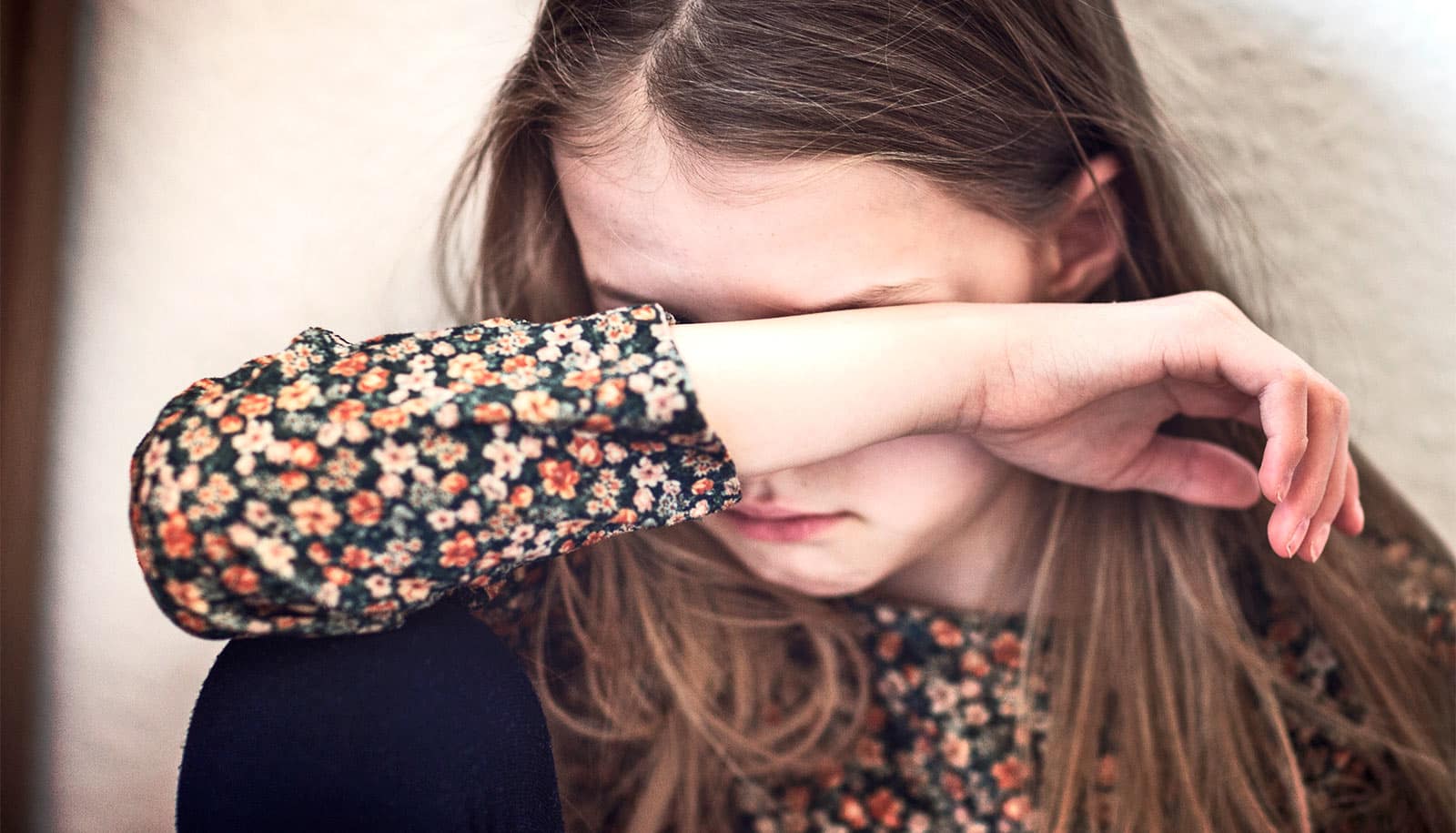New research links struggling in social situations with poor physical health.
“We’ve known for a long time that social skills are associated with mental health problems like depression and anxiety,” says Chris Segrin, head of the communication department at the University of Arizona.
“But we’ve not known definitively that social skills were also predictive of poorer physical health. Two variables—loneliness and stress—appear to be the glue that bind poor social skills to health. People with poor social skills have high levels of stress and loneliness in their lives.”
As reported in Health Communication, the study is based on a survey of a nationally representative sample of 775 people, age 18 to 91, who were asked to respond online to questions designed to measure social skills, stress, loneliness, and mental and physical health.
Social skills refer to the communication skills that allow people to interact effectively and appropriately with others.
The study focused on four specific indicators of social skills: the ability to provide emotional support to others; self-disclosure, or the ability to share personal information with others; negative assertion skills, or the ability to stand up to unreasonable requests from others; and relationship initiation skills, or the ability to introduce yourself to others and get to know them.
Study participants who had deficits in those skills reported more stress, more loneliness, and poorer overall mental and physical health, Segrin says.
While the negative effects of stress on the body have been known for a long time, loneliness is a more recently recognized health risk factor.
Lonely people aren’t “finding what they’re looking for, and that stress of frantically searching takes a toll on them.”
“We started realizing about 15 years ago that loneliness is actually a pretty serious risk for health problems. It’s as serious of a risk as smoking, obesity, or eating a high-fat diet with lack of exercise,” Segrin says.
The experience of loneliness is similar to the way people feel when they’re in a hurry to get out the door and can’t find their keys—except the feeling never truly goes away, Segrin says.
“When we lose our keys, 99 percent of the time we find them, the stress goes away, we get in the car and it’s over. Lonely people experience that same sort of frantic search—in this case, not for car keys but for meaningful relationships—and they don’t have the ability to escape from that stress. They’re not finding what they’re looking for, and that stress of frantically searching takes a toll on them.”
The good news is that social skills have proved to be amenable to intervention, Segrin says.
“For people who really want to improve their social skills and work on them, there’s therapy, there’s counseling, and there is social skills training.”
Unfortunately, however, many people who have poor social skills don’t realize it.
These oxytocin genes may influence number of friends
“One of the problems with possessing poor social skills is lack of social awareness, so even if they’re not getting the date, they’re not getting the job, they’re getting in arguments with coworkers or their spouse, they don’t see themselves as a problem. They’re walking around with this health risk factor and they’re not even aware of it.”
Social skills are mostly learned over time, beginning at home and continuing throughout life. Yet, some scientific evidence suggests that certain traits, such as sociability or social anxiousness, may be at least partly hereditary.
Source: University of Arizona



